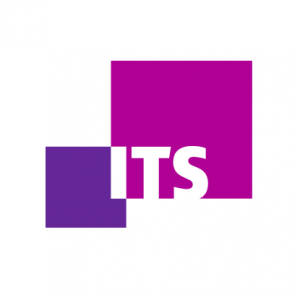Cable Car Company to Ban Pictures of Sugarloaf Mountain
Column by Ronaldo Lemos published in Folha de São Paulo.
published in
19 de December de 2023
categories
theme
The park’s administrator has sent a notice to ITS Rio over a photo featuring the iconic landmark to promote a research program.
Last week, I wrote here in Folha about the importance of safeguarding public digital assets. We are living in an era of “curtailment,” where spaces that should remain public have become privatized. Protecting these “commons” is in the collective interest. Countries like India, for example, have implemented significant initiatives in this area within the digital realm.
Imagine my surprise when, on the very day my article was published, I experienced an unpleasant (to say the least) situation related to this issue. The Rio de Janeiro Institute for Technology and Society (ITS Rio), of which I am a member, received an extrajudicial notice from the company that operates the Sugarloaf Mountain cable car.
The notice demanded that the institute immediately remove a photo posted on Instagram in November, which featured Sugarloaf Mountain. The image included not just the cable car but also the surrounding cove, the neighborhoods of Urca and Botafogo, the Morro do Sumaré and other geographic landmarks of the city.
The post was intended to promote a research program that the institute runs annually, inviting international researchers to work in Brazil. The program is free, and the post was non-commercial. The image was sourced from a photo bank that freely licenses its use. In fact, countless photos of Sugarloaf Mountain are available and licensed for free use by their authors.
Despite this, the company managing the cable car objected to the post. The notice labeled the image as “parasitic” and accused the institute of “unjust enrichment,” “unfair competition,” and “ambush marketing.” It demanded not only the immediate removal of the photo but also required the institute to sign a bizarre Term of Commitment, prohibiting us from making “any use, present or future, of images or any representations of the Sugarloaf Cable Car Park.”
This is absurd, especially since ITS Rio has Rio de Janeiro in its very name. We would effectively be forced to avoid any images of Sugarloaf Mountain for the rest of our lives. To make matters worse, the notification concluded by stating that the company was “fully available to discuss possible authorizations for the use of the image, should ITS be interested.”
This situation not only defies common sense but also blatantly contradicts copyright law. The law explicitly allows the use of images of public places. Article 48 of the Copyright Law states: “Works permanently located in public spaces may be freely depicted through photography […]”
As for the cable car, there isn’t even a question of copyright, as it is a utilitarian mode of transportation. But even if there were, the law is clear in protecting public spaces as commons for purposes of representation.
The case sparked a significant public outcry. The City of Rio de Janeiro, through its public prosecutor’s office, notified the company to cease making such abusive demands. The ensuing public debate presents an opportunity for collective learning.
Notices like this are becoming increasingly common. They are characteristic of so-called “copyright trolls” – companies that send out hundreds or even thousands of notices to assert rights they often do not possess. Shedding light on this phenomenon is essential in defending our public assets, both physical and digital.
*
What’s out: The era when artificial intelligence was just science fiction.
What’s in: AI capable of identifying photos and videos.
What’s next: AI capable of identifying smells.

